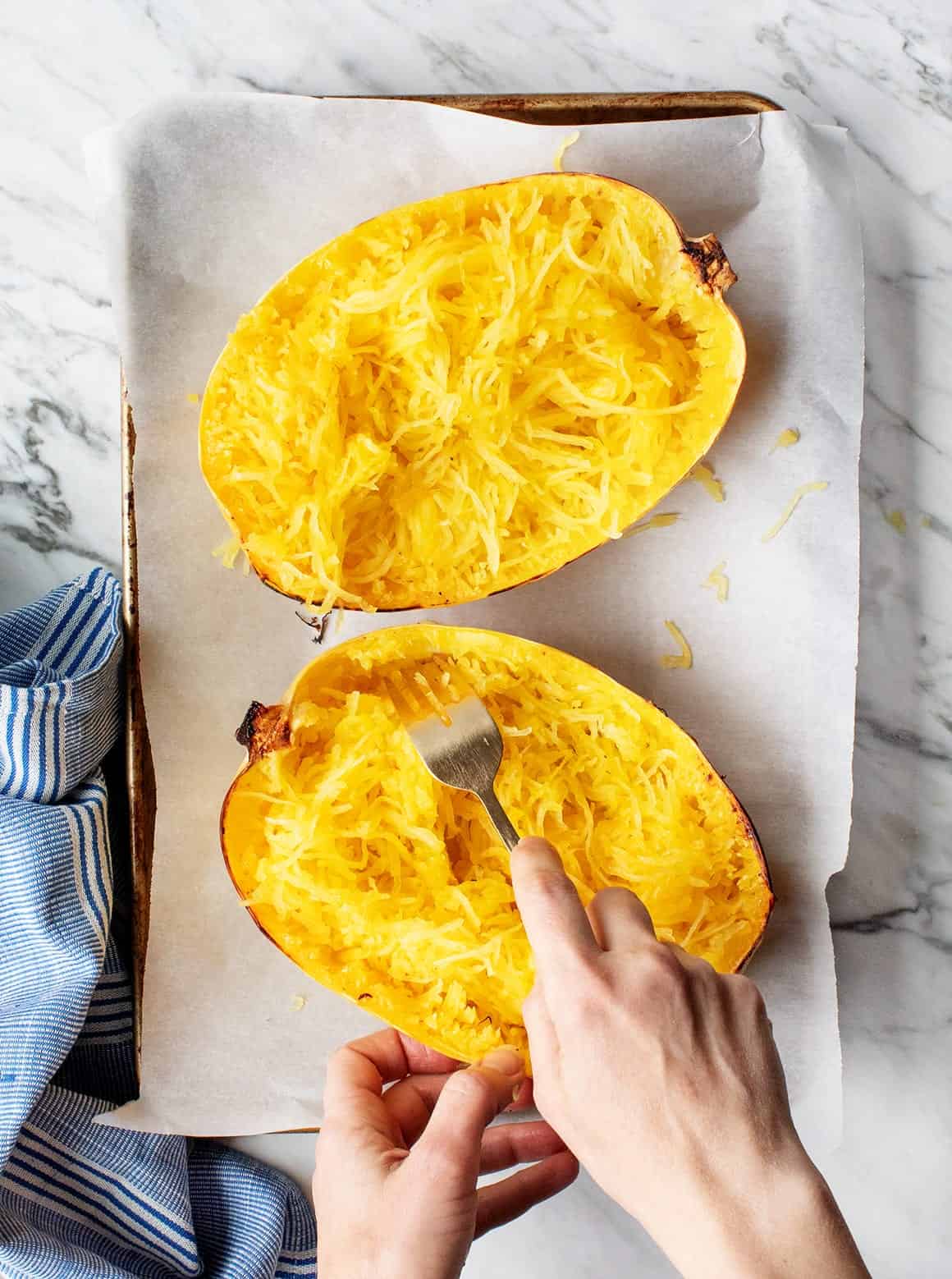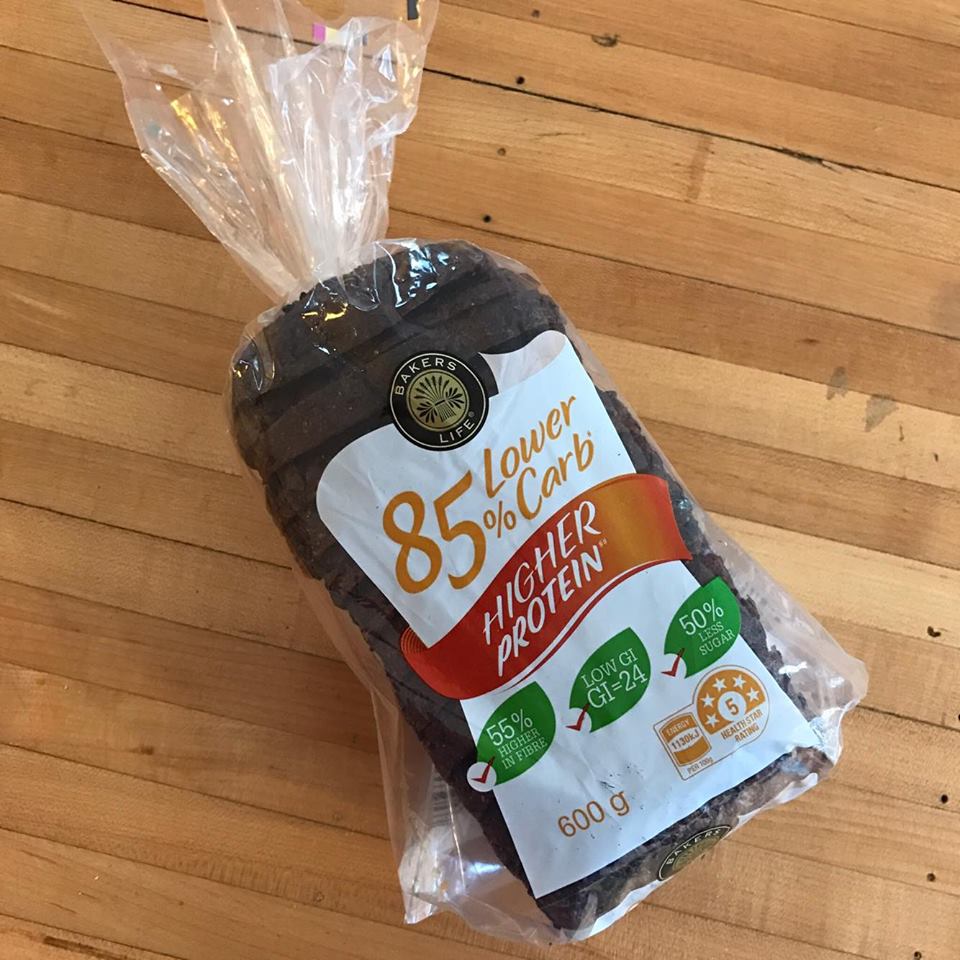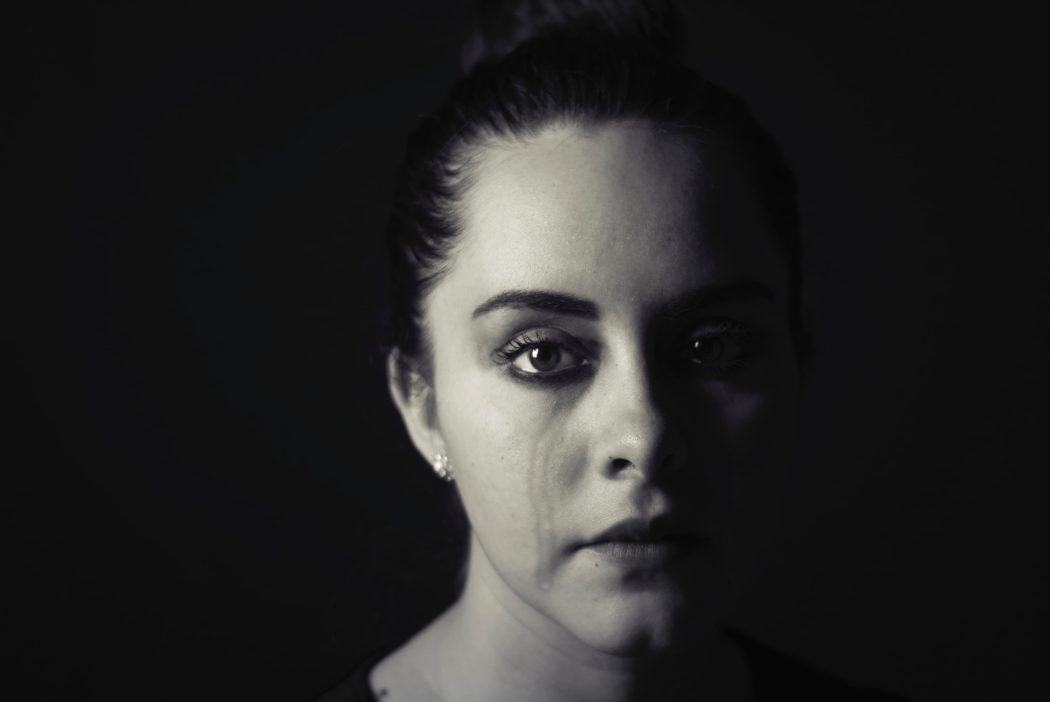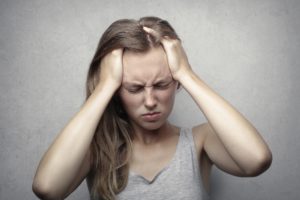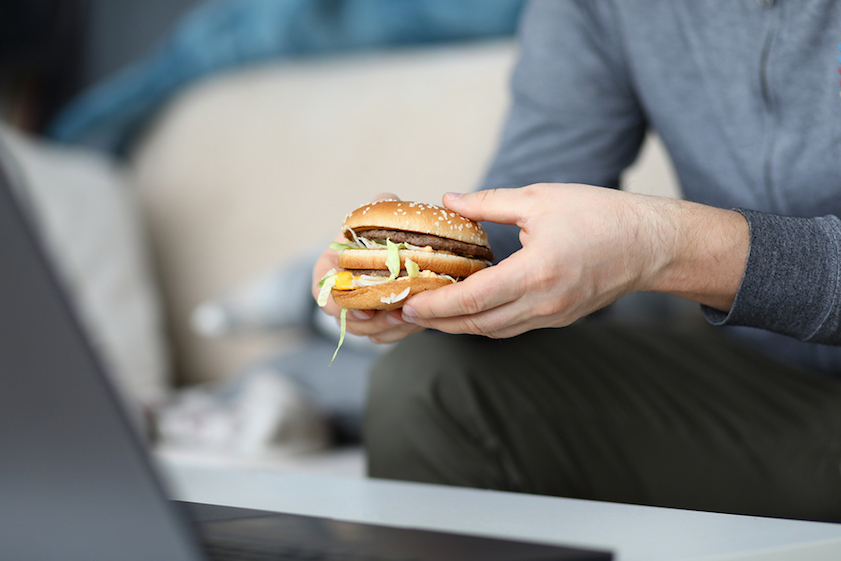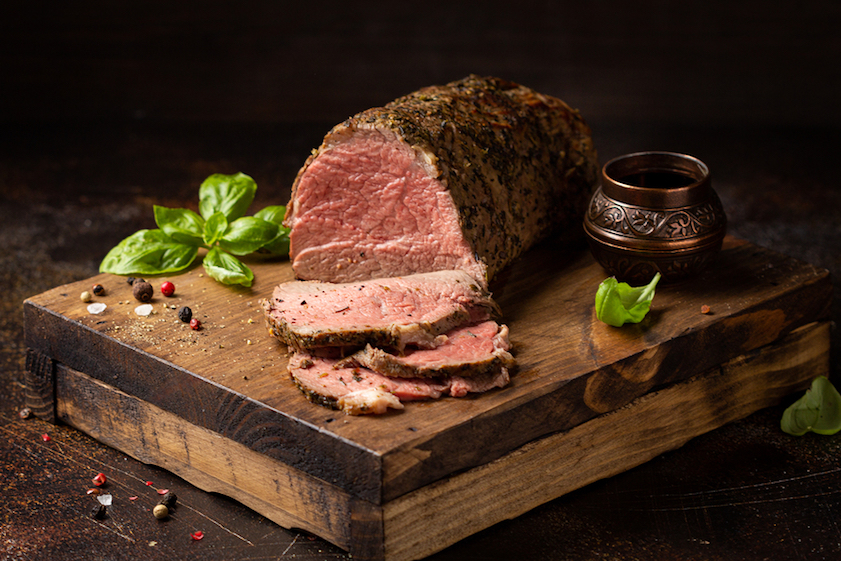Studies discover symptoms of depression and anxiety can be reduced through mindfulness meditation practices.
Studies at John Hopkins School of Medicine reveal a strong correlation between mindfulness meditation and its ability to decrease symptoms of depression and anxiety.
After reviewing research on participants in mindfulness based meditation programs, lead researcher Madhav Goyal and his team discovered effect sizes ranged between 0.22 to 0.38 for anxiety symptoms and 0.23 to 0.30 for depression symptoms.
The Journal of the American Medical Association show these small effects are comparable with what would be expected from the use of antidepressants in a primary care population but without the associated toxicities.
“In our study, meditation appeared to provide as much relief from some anxiety and depression symptoms as what other studies have found from antidepressants,” Goyal explains.
While meditation can be dated back to ancient Hindu and Buddhist traditions, this age-old practice is gaining traction from its ability to ease symptoms of depression and anxiety without the harmful side effects of prescription medication.

“It doesn’t surprise me at all that mindfulness performs as well as or better than medication,”Adrian Wells professor of psychopathology at Manchester University states.
Mindfulness meditation works by establishing concentration to observe inner thoughts, feelings and emotions while focusing attention on the present moment to not be reactive or overwhelmed by what’s happening around us.
Meditation is a state of induced relaxation that focuses awareness on breathing and encouraging positive attitudes to achieve a healthy and balanced mental state.
Around one in six Australian adults now practice meditation, with the number of people who meditate worldwide rising by three times as much since 2012.
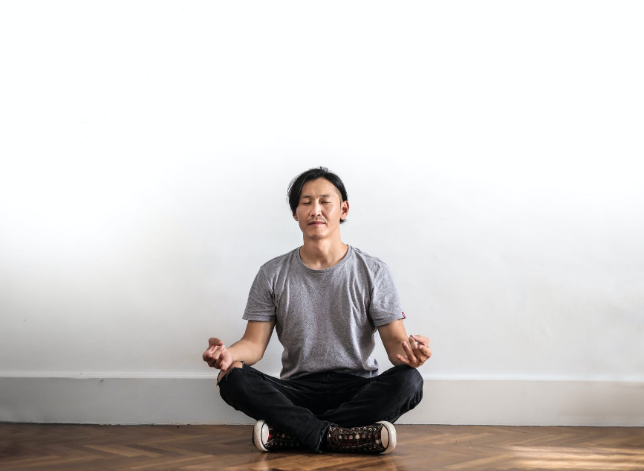
With studies revealing that mindfulness meditation can improve anything from memory in patients with Alzheimer’s to insomnia symptoms, it’s easy to see why this practice is being used by an estimated 200-500 million people around the globe.
The University of Oxford released a new study finding mindfulness-based cognitive therapy (MBCT) to be as effective as antidepressants in preventing a relapse of depression, further enhancing the credibility of this ancient practice.
In the study participants were randomly allocated to either the MBCT group or antidepressant group. The rate of relapse in the mindfulness group was 44%, with the rate of relapse of those on antidepressants at 47%.
Nigel Reed, participant from the study explains how mindfulness based therapy gave him life long skills to deal with depressive thoughts and episodes.
“Rather than relying on the continuing use of antidepressants, mindfulness puts me in charge, allowing me to take control of my own future, to spot when I am at risk and to make the changes I need to stay well.”
Dr. Elizabeth Hoge, psychiatrist at the Centre for Anxiety and Traumatic Stress Disorders believes it makes sense to use meditation to treat disorders such as depression and anxiety.

“People with anxiety have a problem dealing with distracting thoughts that have too much power. They can’t distinguish between a problem-solving thought and a nagging worry that has no benefit.”
“If you have unproductive worries, you can train yourself to experience those thoughts completely differently. You might think ‘I’m late, I might lose my job if I don’t get there on time, and it will be a disaster!’
“Mindfulness teaches you to recognize, ‘Oh, there’s that thought again. I’ve been here before. But it’s just that, a thought, and not a part of my core self,’” Hoge explains.
While meditation can be dated back to 1500 BCE the benefits aren’t just an old wives’ tale as science and studies have repeatedly proven.

Meditation is known for changing the way the brain processes thoughts and emotions but new research by Sarah Lazar at Harvard University reveals it can also change the structure of the brain.
An eight-week Mindfulness Based Stress Reduction program discovered increased cortical thickness in the hippocampus, and certain areas of the brain that regulate emotions and self-referential processing.
Decreases in brain cell volume in the amygdala were also found, with this area of the brain responsible for thoughts of anxiety, fear and stress.
These changes matched the participant’s reports of stress levels, signifying that the program impacted their feelings and subjective perceptions in a positive way through meditation.
Evidence from The University of Hong Kong also confirms Lazar’s study with further evidence suggesting meditation practices have the potential to induce neuroplastic changes in the amygdala.
Participants in an awareness-based compassion meditation program were found to have significantly reduced anxiety and right amygdala activity, which may be associated with general reduction in reactivity and distress.
These significant findings explore the powerful outcomes that can result from using mindfulness meditation practices to alter the way the brain processes thoughts of anxiety and stress.
While there is no magic cure for depression or anxiety, meditation brings hopeful benefits for those not wanting to take medication long term, or those who suffer from the intolerable side effects of antidepressants.
Although many studies suggest the benefits of mindfulness for those with depression and anxiety, it is best to consult a professional to find the best treatment option for you.



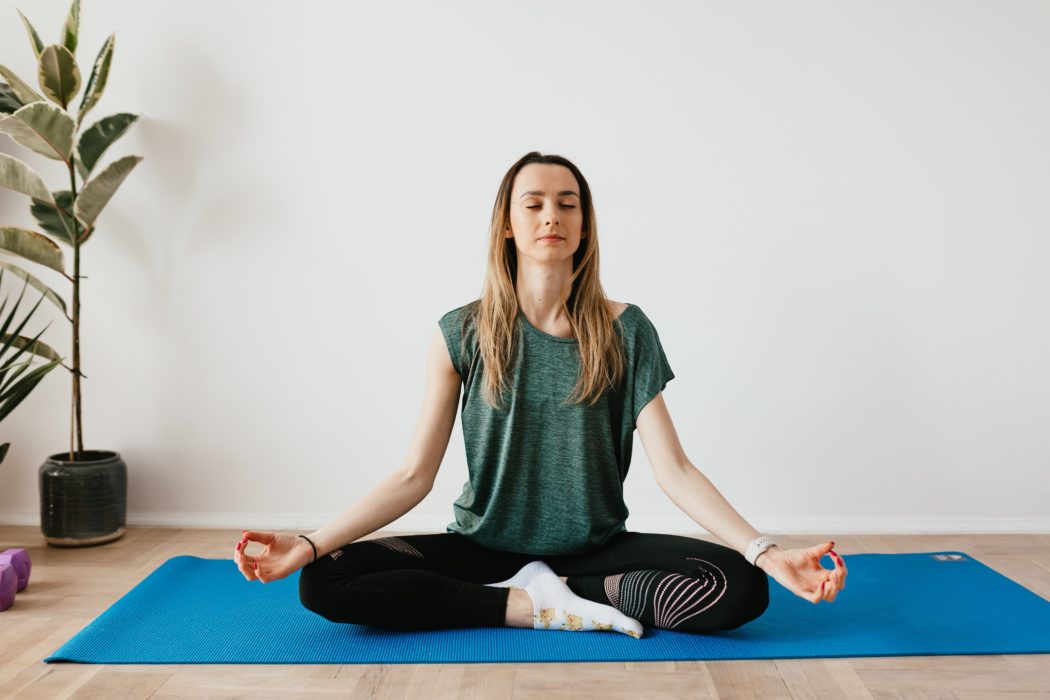

 After only two months in lockdown, I was horrified to jump on the scales to find I had gained 15kg.
After only two months in lockdown, I was horrified to jump on the scales to find I had gained 15kg.

